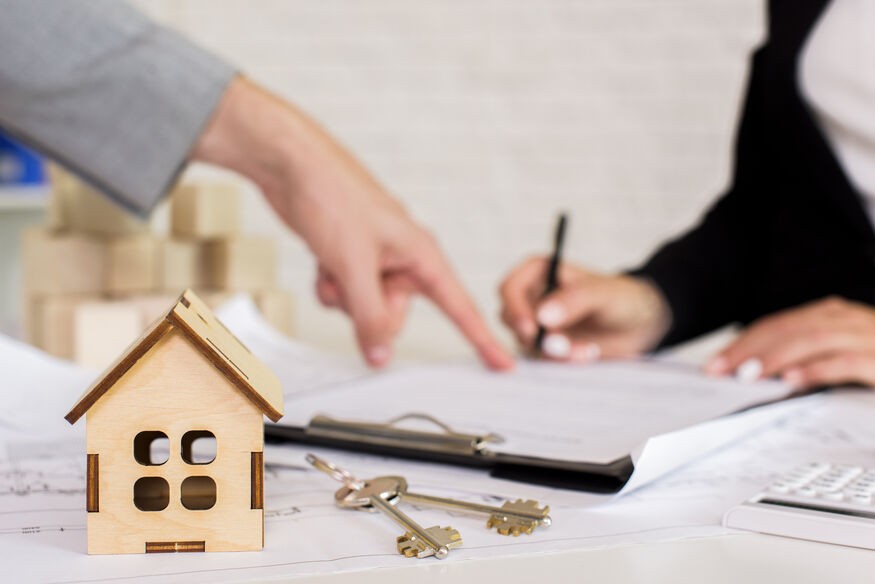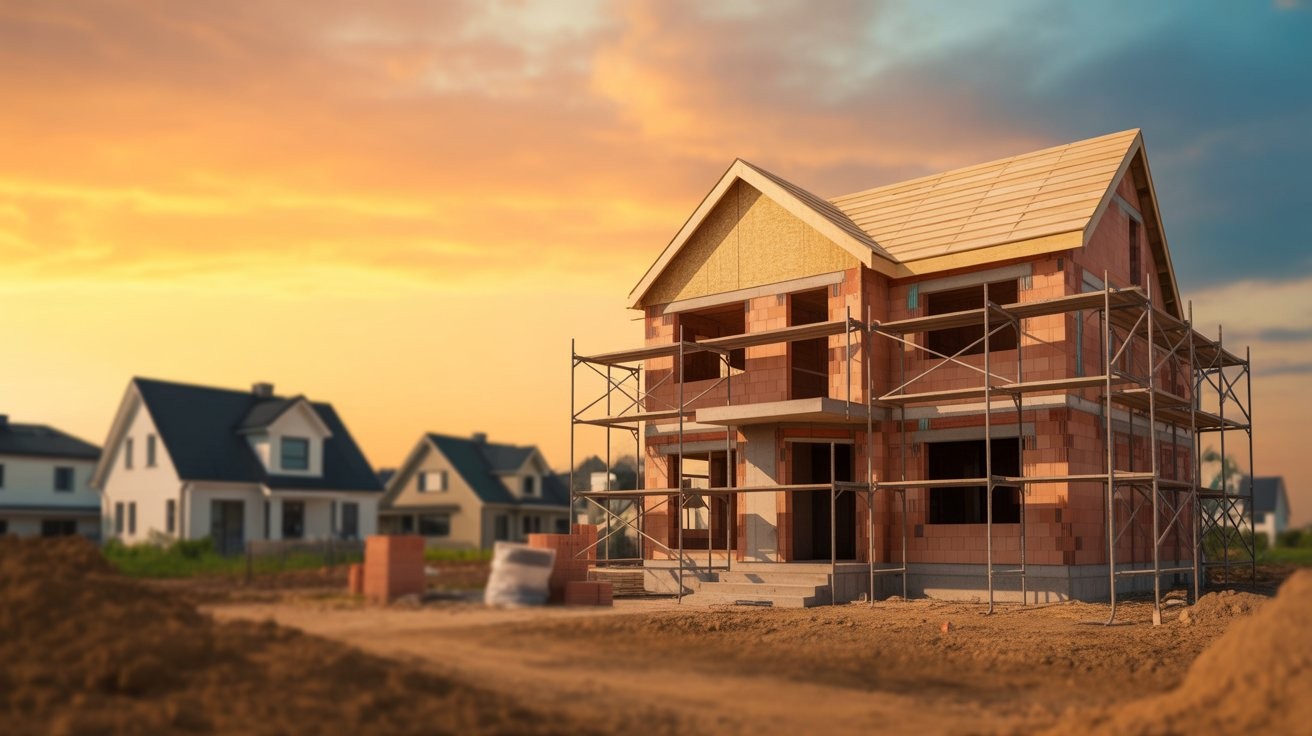
How To Verify Property Documents Without A Lawyer
Are you planning to buy or sell a property? If yes, then you must verify the property documents before closing the deal. Property documents play a vital role in any real estate transaction as they determine the ownership and legal status of the property. However, not everyone can afford to hire a lawyer for this purpose but still has to understand things to know for buying a home after retirement. So, if you want to learn how to verify property documents without a lawyer, then keep reading! In this blog post, we will guide you through the steps involved in verifying property documents so that you can make an informed decision and avoid any legal complications down the line.
Things To Know For Buying A Home After Retirement
Check the title documents
The title document for a piece of real estate is the most crucial piece of documentation. It's not an agreement, but it does establish who has a legal claim to a piece of property. The rights and responsibilities of the owner are discussed, as well as the transfer of ownership. Keep in mind that the registration of a purchase agreement gives rise to the creation of a title deed. As a buyer, you have the legal right to require the seller to produce the relevant transaction documents establishing the seller's right to sell the property in question. The documents are available for double-checking at the sub-office. registrar's
Get the Encumbrance Documents
Buying a previously owned flat makes checking the encumbrance document all the more crucial. Whether or not the property is free and clear of any liens or taxes is revealed. The encumbrance certificate will indicate whether or not the seller has taken out a loan against the property that has not been repaid. In that instance, the agreement paperwork should state that any property-related debts must be paid in full prior to the property transfer date. Also, the seller must release the buyer from all liability for claims arising from title or possession issues.
Approval of the Layout and Building
Be sure the local authorities have given their stamp of approval before purchasing any land. Verify that newly constructed apartments and other properties conform closely to the approved designs. Construction can commence once the site has been developed for residential use. Occupancy certificates are also essential for apartments and condos (OC). It's proof positive that the aforementioned building is safe for occupants. The local municipal corporation grants OC to the block after confirming much documentation provided by the developer. The function Object() { [native code] } should also secure all applicable NOCs from relevant authorities.
Check property taxes
You need to be sure there are no outstanding tax obligations on the property before you close the sale. To do this, you'll need to request copies of tax bills and other relevant paperwork from the seller. It will allow you to determine if the construction is lawful or illegal, as well as whether or not the tax is being paid on a regular basis.
Sale Deed
This document serves as the de facto transfer of ownership from the seller to the purchaser. Confusion is avoided, and interests are safeguarded with the help of a professionally designed selling document. Information about the seller and the buyer must be included. Provide as much detail as possible on the property at hand, including its precise location, land survey number, property dimensions, monetary value, and so on.
Do a Physical Verification
Verify the property's condition with an inspection if at all possible. You can use this to verify the property's existence and the accuracy of the seller's description. During the on-site inspection, look for any obvious signs of deterioration or problems with the building's structure. It will come in handy if you haggle with the seller about the price.
The importance of verifying property documents
Whether you're a first-time buyer or an experienced investor, verifying property documentation is an absolute must for the simple reason that it guarantees the integrity of the deal. It's also useful for preventing future issues and arguments.
To make sure there are no questions about ownership or title, checking property paperwork is essential. It is the responsibility of the buyer to verify that the seller is the legal owner of the property and has the right to sell it. The consequences of fraudulent transactions, including financial loss and legal difficulty, can be mitigated if these particulars are checked.
Taxes on the property should also be checked to make sure they are up to date as part of the verification process. You should verify that no income tax, municipal tax, or other payments are overdue, as these could become your responsibility as the buyer.
The parties to a real estate transaction can rest easy knowing that the property's documentation has been verified. By carefully reviewing the necessary documentation in advance, the parties can rest comfortably that they are entering into a fair contract free of any unpleasant surprises.
Conclusion
Verifying property documents is an essential step toward ensuring a secure real estate investment. It will safeguard you from fraudulent transactions and legal complications. You don't necessarily require a lawyer to verify your property documents if you follow the above steps carefully.
Ensure all the necessary legal checks are carried out before investing in any real estate transaction. Verify every document and cross-check it with appropriate authorities like local government bodies. Remember not to rush through this process because it could save you from future troubles. With these measures, anyone can verify their property documents without relying on a lawyer's services. Follow these steps diligently, and enjoy peace of mind when purchasing your dream home!
Feel free to contact us for your enquiries.







